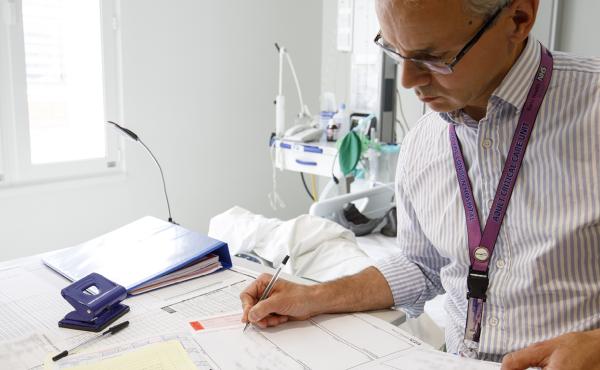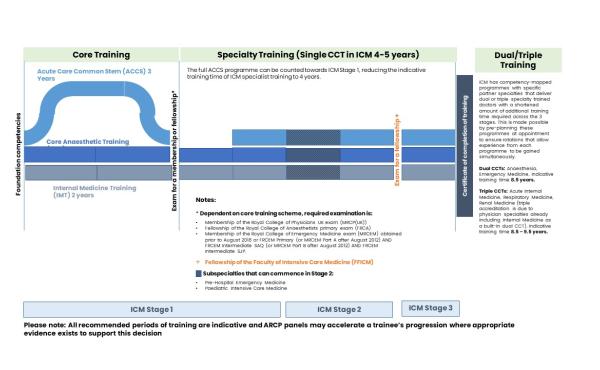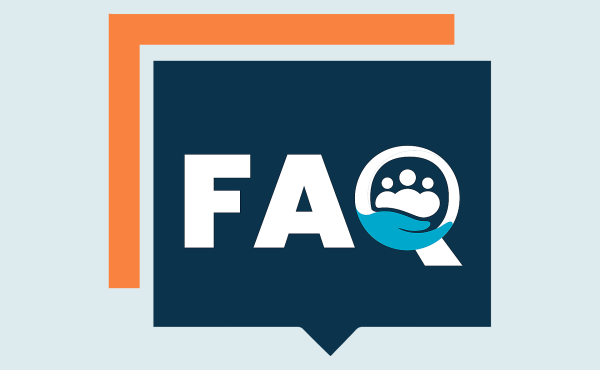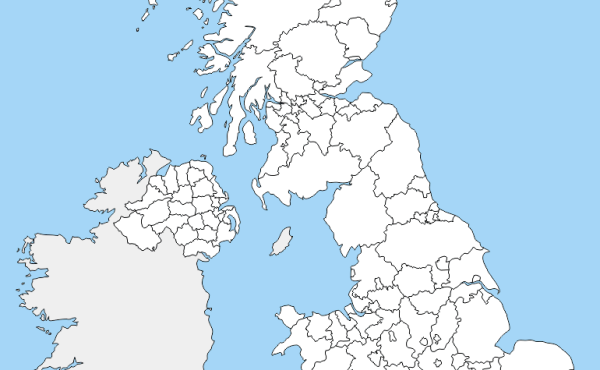Recruitment
The ICM National Recruitment Office (ICMNRO) manages specialty recruitment to ICM training posts
The numbers of available posts in each specialty is controlled nationally by NHS England and the devolved nations' NHS administrations.
Using our workforce data we continue to advocate with the NHS administrations for more training posts in the regions where they are needed.
The Faculty works closely with ICMNRO and is responsible for:
- Reviewing and updating the ICM person specification annually with the Medical and Dental Recruitment and Selection programme.
- Reviewing and updating the process/questions/guidance annually from the quality assurance feedback we receive from the previous year's recruitment round.
- Refining and updating the interview questions and developing ones that are fit for purpose and relevant for doctors from all backgrounds.
- Assisting with short-listing and long-listing and helping to address any queries
- Ensuring there are enough ICM Consultants (and that they are suitably trained) to conduct interviews for all eligible candidates
The Faculty's Career's, Recruitment and Workforce Committee is responsible for this work.
-
Dr Liz Thomas is our current Lead for ICM Recruitment
-
Dr Rob Docking is the Deputy ICM Recruitment Lead
Click here for further details regarding FICM's CRW Committee.
In this section
25 September 2024
Information regarding ICM national recruitment, the timeline for the current year and advice and guidance on how to obtain an ICM training post
31 January 2024
A candidate's experience of the ICM National Recruitment interviews
15 October 2021
Intensive Care Medicine accepts trainees from the multiple core training programmes
19 June 2024
Frequently asked questions regarding ICM ST3 National Recruitment and how to get onto the ICM CCT Programme
15 October 2021
Detailed information about the ICM training available in each region and unit site around the UK
14 March 2022
The Faculty position for ICM consultant advertisements and appointments, with some steps to mitigate any risks
9 June 2025
Key information on the recruitment and progression of doctors training in Intensive Care Medicine across the UK
Want to know more?
Check out the ICM National Recruitment Office website for all the updates and latest documents and guidance regarding ICM ST3 Recruitment







